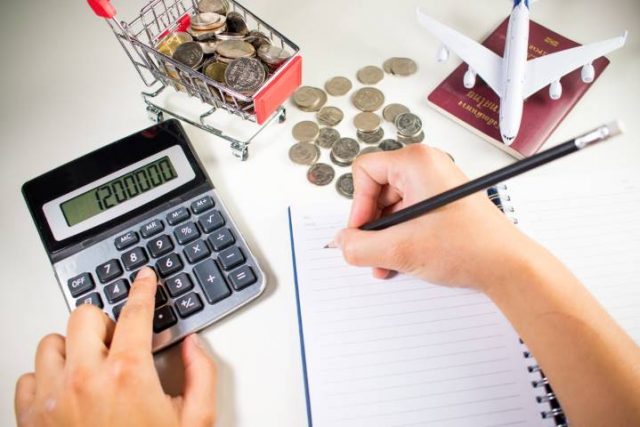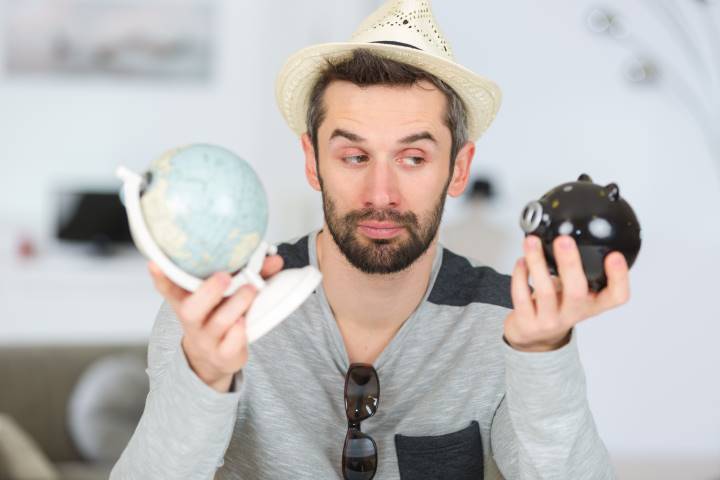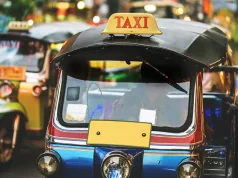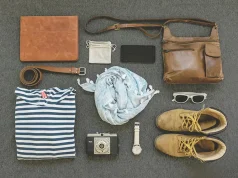
Planning for a trip is always an exciting thing to do. But, when it comes to setting a budget (and a realistic one at that) things can easily get stressful, especially if you’re quite the big spender. And, just when you thought it was already a hard challenge to deal with, here comes a much harder part—to stick to that budget no matter what.
For some people, budgeting is no longer a new thing. It helps them avoid overspending, and that’s great if they’ve been so used to doing it that it already feels like a routine. If you haven’t tried doing so before, it’s not yet too late to start. With a few tips and tricks up your sleeves, you can wisely create a realistic travel budget and actually stick to it.
Why Travel With A Budget?
The first step in setting your travel budget is to identify your objective. Why do you want to create a budget for your vacation? What’s the reason behind it, and do you think this reason is enough to motivate you to stick to your planned travel spending? Well, unless you know how to travel for free, these are some of the questions you could ask yourself if you want to know why you need to travel with a set budget.
It could be that you’re trying to save more money for a bigger trip, or, maybe, there’s a special holiday coming and you plan on buying expensive gifts for your family. For some, they like setting a travel budget to help them keep track of their spending. Then there are also those travelers who don’t like feeling guilty after splurging on their trips and, so they decided to keep their expenses at bay for the next vacation.
Whatever your reason may be, it would be a great help to start with motivation. That way, you can find it easier to stick to what you’ve created and not hesitate about it.
Getting To Your Destination
The biggest chunk of your budget will most likely go to your transportation expenses. If you’re traveling via air, that would cost more compared to if you’ll be on a road trip or riding the bus. The transportation costs will also go higher if you’re going to another country.
To prepare for this big chunk, assess the type of transportation that you think will save you more money, without sacrificing too much of something else, such as travel time. Going to another state might be expensive if you’ll travel via plane, but it could make your travel time shorter and, possibly, more convenient.
Plane rides can be more affordable if you book early. Look out for seat sales and promos, especially for international destinations. If you can, opt for hand carry luggage so you won’t have to pay extra for check-in baggage.

Up Next: Accommodation
Your choice of accommodation can also make an impact on your travel budget. To plan this more realistically, you can start looking up actual rates online for the accommodation that you prefer, starting from the exact date of your travel, to how many days and nights you’ll be staying in there, and down to the type of room or hotel that you want. That way, you can already have an idea as to how much the accommodation will most likely cost so you can factor that in when creating your travel budget.
A Daily Spending Limit Can Go A Long Way
As mentioned, setting a travel budget is one thing, but sticking to it is another. You’ll find yourself tempted to buy more souvenirs or eat at expensive restaurants just because. What you can do is set a daily spending limit that you should stick to no matter what, unless some sort of emergency or unexpected thing occurs.
Setting a daily limit can help give you a feel of what it’s like to be on a budget, especially in the first day. Make a list of everything you’ll be spending for, such as food, water, transportation for getting around in a city of your destination, and the like. The goal is to not go beyond your limit, but better if there’s any left over. You can add that leftover to your budget the following day or save it for the last day in case you want to buy something quite expensive.
Final Words
You might experience a few hiccups as you go along your travel budgeting endeavor. It’s okay to not fully stick to it the first time, but try your best to know how you can improve so your next budget for your upcoming trip could be more realistic and easier to stick to.
Additionally, don’t forget to allocate an amount for an emergency fund, in case something unexpected happens, such as an accident or change in plans. Be prepared and always bring a credit card in case you run out of cash.





